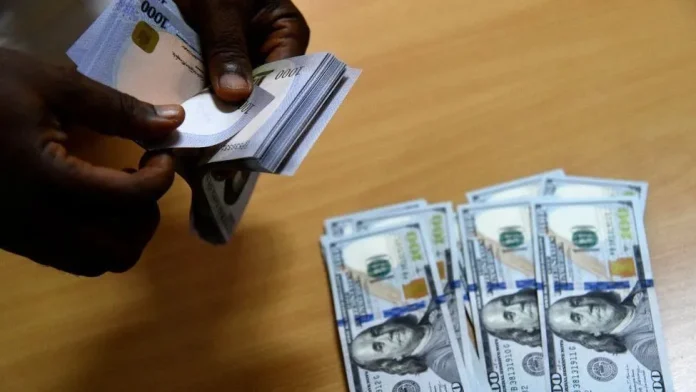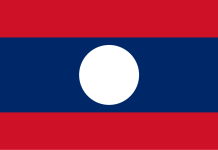In order to flood the foreign exchange market with supplies, the Central Bank of Nigeria (CBN) sold over $42 million to deposit money banks (DMBs) at N1200, according to an update from an investment business.
The value of the naira has continued to decline in the foreign exchange market, with Tuesday’s official window trading at N1416, despite the significant FX sales to local banks only last week.
Following the authority’s denial that it would use foreign reserves to support the naira, the apex bank continued to inject foreign currency last week. After a weeks-long surge throughout both the official and informal FX markets, the local currency dethrones the global currency to take the top spot in terms of performance.
According to a market report, Nigeria’s foreign exchange reserves increased as the country’s gross reserves increased by USD132.68 million to USD32.28 billion. Latest data showed that foreign reserves maintained uptrend, currently at $32.30 billion.
At the close of trading session on Friday, the naira depreciated further by 4.4% to N1,400.40 per US dollar at the Nigerian Autonomous Foreign Exchange Market (NAFEM).
In its market update, Cordros Capital Limited revealed that the CBN sold about USD42.00 million to banks in the range of N1,200.00 – N1,220.00.
The naira remained volatile in the FX market, largely reflecting weak capital inflows and subpar interventions from the CBN, according to Cordros Capital Limited. Analysts noted that foreign investment are selling their interest in Nigeria to move to safe-haven due to elevated global interest rates.
In a note, Cordros Capital highlighted that the moderation of yields on naira-denominated assets amid elevated global interest rates are further discouraging foreign portfolio investment (FPI) inflows.
With the CBN maintaining a relaxed stance on its monetary tightening measures and considering the persisting uncertain geopolitical environment, analysts at Cordros Capital said they anticipate FPI inflows will remain subdued. Consequently, the naira is expected to remain under pressure in the short term.
Nigeria’s gross reserves fell to USD32.2 billion at the end of April, from a peak of USD34.4 billion in mid-March, partly reflecting repayment of existing debt obligations, and FX sales to BDCs to support the currency.
In its rating note, Fitch said uncertainty continues over the net FX reserve position, with a particular lack of clarity on near USD32 billion of “FX forwards, OTC futures, and currency swaps” recorded as an off-balance sheet “commitment” in CBN’s last consolidated financial statement for 2022.
Fitch estimates that around 30% of Nigeria’s reserves are made up of FX bank swaps, although we expect most of these to continue to be rolled over.













